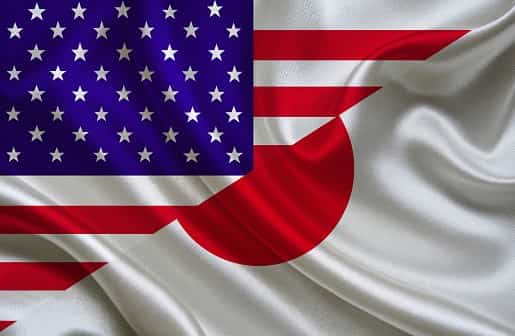
It is well known that Japan leads the world in technology and commerce but it doesn’t lag behind with its vibrant and beautiful culture. Japan has one of the most stable and strongest economies in the world, and projects a well-defined culture to the world.
Author
There is a stark difference between Japan and the United States of America. Despite the mutual interest between Japan and USA, especially their economic ideology of capitalism, (no, Japan is not a Communist country) there is a sharp contrast between the two in terms of how their culture operates. Everything from eating, toilets, cleanliness, cuisine, language, and even PDA in these countries is extremely different from each other.
Today we will present some very eye-opening truths about these two countries that are across an entire ocean (the world’s largest ocean, no less) from each other.
Respect for Food

If you live in America, getting up and consuming that black poison is a daily routine. Yes, I am talking about coffee. Both America and Japan are fast-moving countries. You seldom get time to talk or even eat properly, especially in an American workplace. It is so common that Americans have made unhealthy foods a habit for themselves.
Things are, however, a lot different in Japan. While they also have to keep up with their hectic schedules, they allocate a portion of their time specifically to their meals. It is considered very important in Japan to eat proper meals three times a day and eating junk food on-the-go is often criticized.
The good thing is that unlike Americans, common Japanese have built up a civic sense of avoiding junk food and eat proper meals. This has become a part of their social fabric and most people seem to follow it without resevation. Also, if you are eating greasy food in a small space such as a subway train, it might even be considered offensive by fellow commuters.
Japanese consider food as something that deserves respect, which needs proper time to consume it with ease. This is partly because of Japan’s difficult history that they have attached the utmost importance to food.
If that isn’t enough to get you thinking, Japanese probably have the best way of eating, both from a hygienic and healthy perspective. First, most of their traditional food is non-greasy and very healthy, like ramen. Second, they have very carefully allotted portion sizes for their food. If you compare a McDonald’s meal with a Japanese plate, you will be shocked to see the difference.
Japanese eat very little of everything and don’t stuff themselves with food. This keeps them healthy and active. This is also the reason why the obesity index is so low in Japan and people tend to live much longer.
Time is of the Essence

Japan’s obsession with time might come as a shock to you. While a typical American might run late 5 to 10 minutes every day, this sort of leniency is not seen anywhere in Japan. If your work starts at 9:00 am, you better make sure that you are there 5 minutes before.
Trains in Japan operate at a strict schedule as they are the means of transportation that most of the Japanese use. Should a train run one minute late, the station will apologize to the people aboard and will issue a certificate of delay to the passengers as a proof to their boss or school that it was not their fault.
Time is respected in the sense that respect for time is considered as respect for others. If you are not respecting time, then you are being inconsiderate to others as you are wasting their time. This is one of the reasons why Japan is one of the fastest-growing economies of the world. They have truly put in practice that “time is money”.
Formal Social Manners
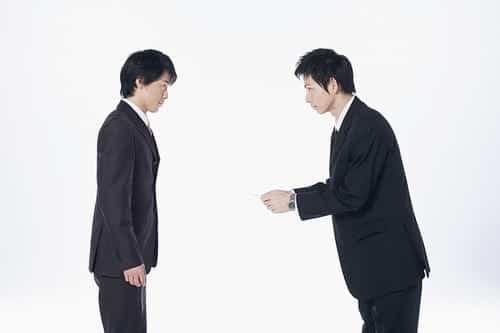
Japanese are formal to the extent of being cold. They do take care of other people’s cultural inclinations such as shaking hands; but, in their social interactions, they are relatively reserved.
Unlike in the USA, people in Japan tend to talk keeping a fair distance among themselves. Calling someone by their names does not go about without the use of honorifics. If you are at a restaurant, the customer service will be formal and not intrusive like in the US, where the waiters are most likely to ask you questions about food and how your day went.
That is what makes foreigners feel weird when they visit Japan. Most Americans are friendly and are used to greeting other people warmly. In Japan, you will get a colder response.
Staying Away From Politics
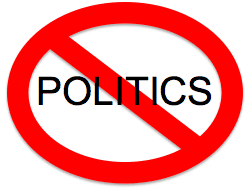
Even though Japan is a democracy with a parliamentarian system, people don’t approve most of the politicians. Japan has been famous for switching its prime ministers, and owing to public pressure and their own conscience, they tend to resign if they make mistakes. Owing to this strong disapproval, none of the parties wins by a majority vote.
Japanese people love their country, but they do not attach any kind of importance to political inclinations. They are not political, but they know how to be patriotic by doing what they are best at. Just like Americans, they celebrate their culture with passion and have a strong emotional affiliation with their language and history.
Pure Ethnicity
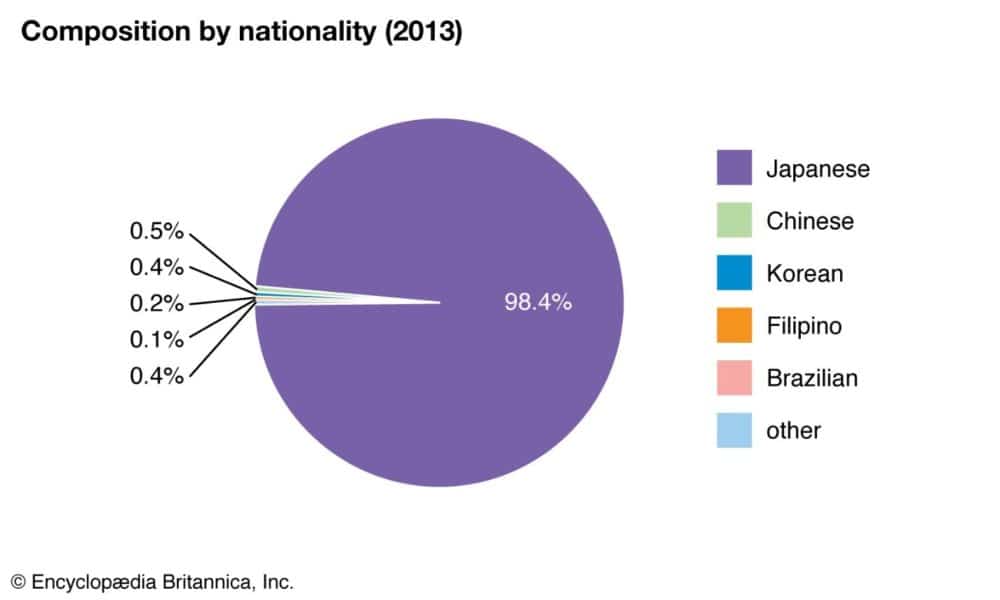
While the USA, especially New York may be considered a melting pot of cultures, the Japanese have been able to stay ethnically pure. About 98 percent of people are pure Japanese. Even among the rest of the 2 percent, the only considerable minorities are the Chinese and Koreans.
This has a wide range of effects on Japanese society. As most of the people’s national and ethnic identities correlate with each other, they consider their culture to be homogenous, therefore, they expect other people to follow and understand their culture and traditions. Anything out of the ordinary can lead people to become quite judgmental.
Religion
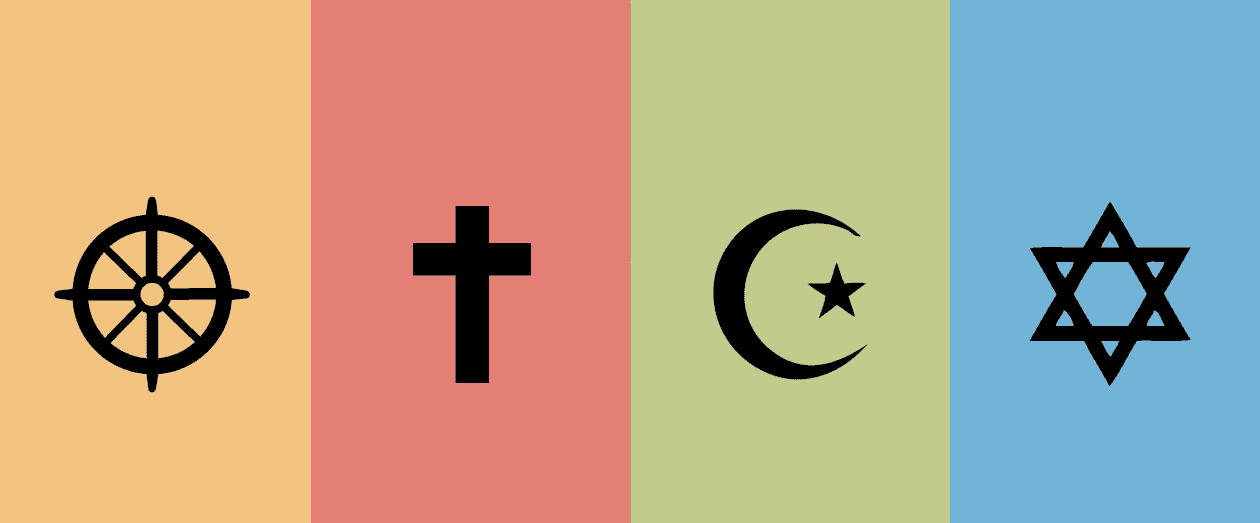
While there have been Christian and Muslim missionaries in Japan, they have seldom had any visible effect on Japan’s religious tradition. Their religious philosophy comes mostly from Shintoism, Buddhism, and Taoism. This has somehow proved better for the Japanese because most of the issues such as gay marriage, the debate on creationism vs evolution, and incestuous relationships tend to stay out of political debates.
Compare that with countries where religion and faith are important, like the USA, Israel, Pakistan, Iran, and Saudi Arabia, a politician’s religious affiliations can cost him his career. In Japan, people are not purely faithless, but their faith and beliefs are merely confined to their culture, traditions, and superstitions.
Space is a Sacred Possession

The territory of Japan is composed of numerous islands. The whole state of Japan will fit into the state of California. Japanese are well aware of the scarcity of space they have and thus they tend to utilize it carefully, unlike Americans who have an abundance of space.
This is most primarily reflected in Japanese settlements where they live in tiny spaces in small apartments. This may have the same effect on Americans as a small space has on a claustrophobic person.
Being too Straightforward

As we mentioned before, the Japanese are reserved in nature. Being too friendly and even being too talkative may raise some eyebrows and may be considered outrightly rude. Unlike the US, where talking while your eyes down will be considered a weak trait, in Japan it is expected from everybody.
Americans will look straight into a person’s eyes and tell them bluntly whatever they want to say. Doing this in Japan may cost you your image as it is considered exceedingly ill-mannered. In Japan, maintaining eye contact for too long may be considered a sign of threat to many Japanese and you can be sued for that.
Strict Gender Rules

Although Japan is considered a fairly open society, it still fairs poor in the global Gender Gap report. Japan is at the 101st position which does not reflect the true reality of why that is so. There are very few women who are appointed at important government positions and as executives of companies. Even if women do manage to grab such a position, she is expected by society to leave the position after she marries.
Masculine chauvinism is not prevalent in the strict sense of the world, however, by default they are seen as the more dominant and the providers, while women are expected to stay at home as housewives.
Social Hierarchy
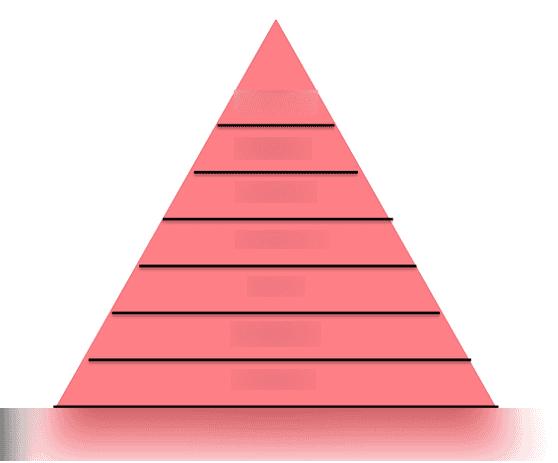
Social Hierarchy exists in one way or another in every society. But in Japan, this is respected as an existing rule which is to be followed. This hierarchy is followed everywhere from family to schools to offices. A younger employee will be a junior no matter his rank.
In America, however, this type of status is conferred owing to one’s own accomplishments. In Japan, the older people are seen as mentors for the young, therefore, the younger always remain their subordinates.
Bowing
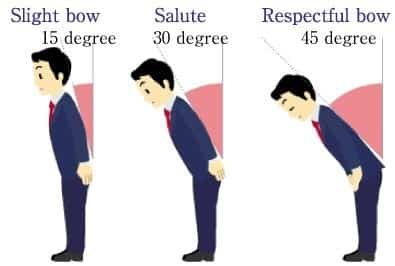
Normally Japanese do take care of shaking hands with the foreigners, but most of them will give a slight bow to their head to show signs of friendliness and respect. We can say that bowing is a cultural norm of Japan that is accepted universally as the foreigners also take special care to reciprocate the same when a Japanese bows down to them.
A slight bow means that the person acknowledges you and wants to take the relationship or the meeting further. A bow at a 30 degree is used as a salute to your seniors. A full 45 degree bow means that the person is bowing down in sheer respect. This type of bow is mostly used in front of the elders.[UBA1]
Conclusion:
Japan is a more socialist type of culture while Americans are tilted towards individualism. Japanese people have a collective sense of their culture and their social aspirations. People tend to find their sense of accomplishments based on the efforts they have done for themselves while the Japanese find the same in collective effort. This is the thin line that divides both societies in terms of their social interaction, and norms.

